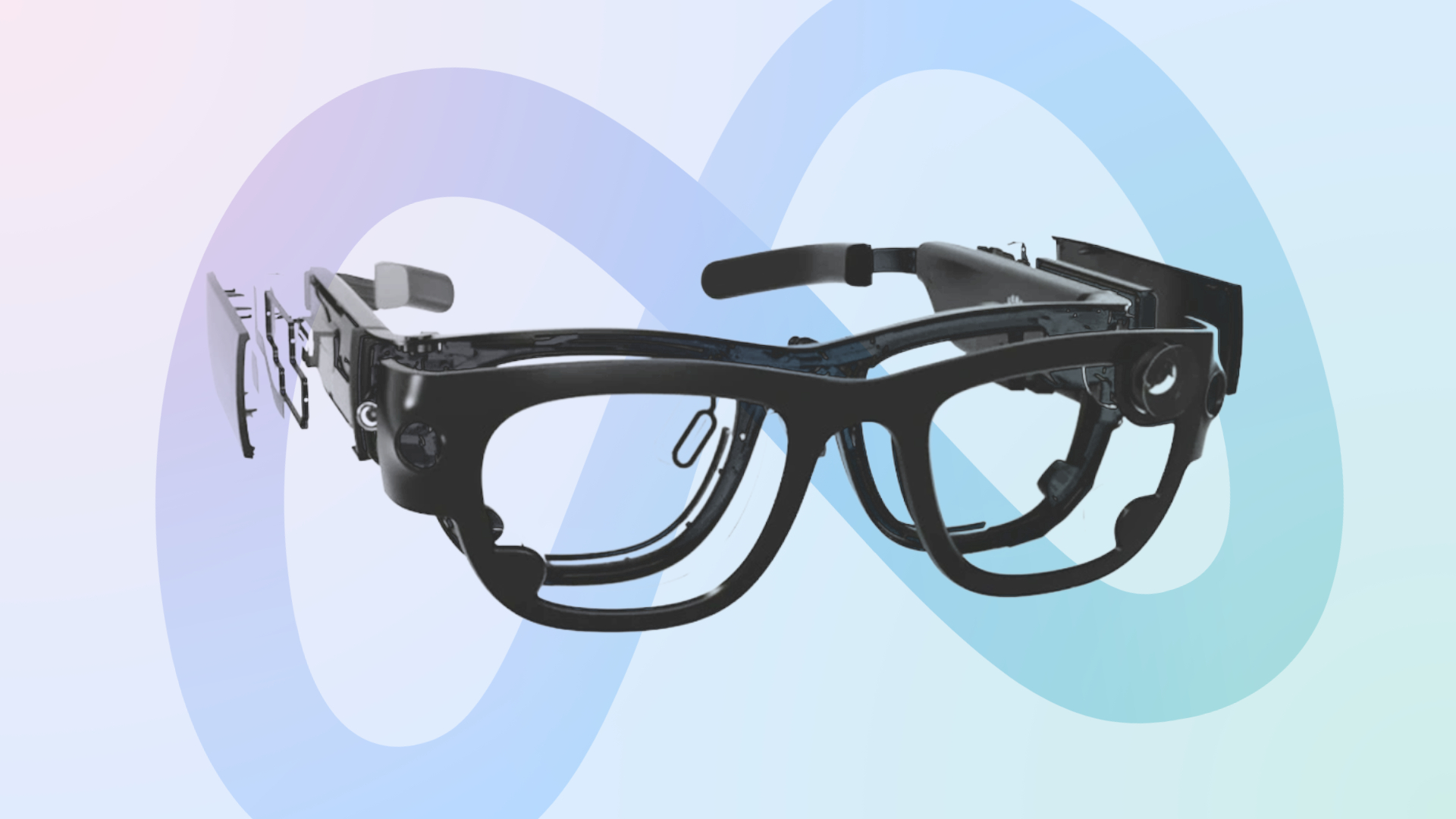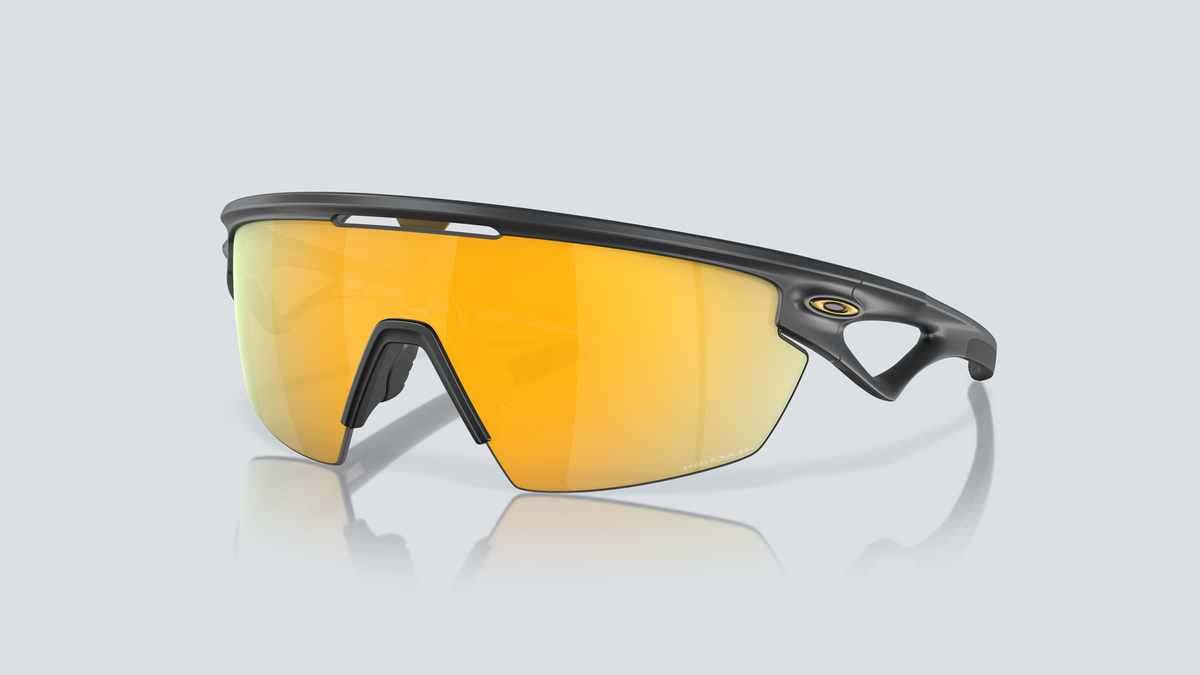Oakley Meta Glasses Are Reportedly Coming This Year Too
According to Bloomberg's Mark Gurman, Oakley Meta glasses are set to be released later this year. Gurman, known for his accurate predictions regarding Meta's upcoming products, has disclosed that the new device, codenamed Supernova 2, will mark the expansion of Meta and EssilorLuxottica's smart glasses product range.
The existing Ray-Ban Meta glasses, also known as Supernova, feature a camera on one side and are designed for general consumers. In contrast, the upcoming Oakley Meta glasses will have the camera positioned in the center and will cater specifically to cyclists and other athletes.

Despite these differences, both the Ray-Ban and Oakley Meta glasses are expected to lack a traditional screen. However, reports suggest that a third Meta smart glasses product with a heads-up display (HUD), codenamed Hypernova, is in the works for release this year.
Features of Hypernova
The Verge, The Information, and The Financial Times have all previously mentioned that the Hypernova glasses will incorporate a small waveguide display to show notifications, provide text output instead of audio from the Meta AI assistant, and assist in framing photos before capturing them.

Gurman has mentioned that Meta employees have hinted at a potential price point of around $1000 for the Hypernova glasses. Furthermore, there have been discussions about including the EMG wristband, demonstrated with the Orion prototype, along with the Hypernova glasses. Alternatively, touch controls on the temple may be utilized, similar to Meta's other smart glasses.
It's worth noting that the display of the Hypernova glasses will be restricted to one eye and offer a limited field of view. As for true augmented reality (AR) glasses capable of overlaying virtual elements in the real world, Meta is reportedly planning to launch its first consumer product in 2027.

Future Plans for AR Glasses
While the release of AR glasses is anticipated in 2027, it will not be based on the Orion prototype due to manufacturing constraints. The consumer product, codenamed Artemis, is expected to be more compact and lighter than Orion, although it may feature a narrower field of view.
Despite the developments in AR glasses, Meta is also rumored to introduce two Quest 4 models in 2026 and a lightweight mixed reality headset in 2027. These headsets are likely to offer advanced AR experiences over a broader field of view, though they may not be suitable for outdoor use.











